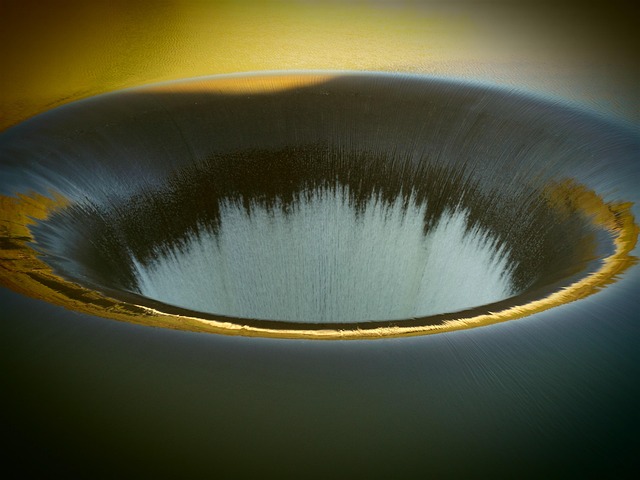Drain cleaning is essential for maintaining efficient plumbing systems, preventing clogs, and avoiding costly repairs. Regular professional cleaning with methods like hydro-jetting ensures optimal drainage. DIY solutions like baking soda and vinegar are safer alternatives to chemical cleaners. Preventive measures such as drain covers and proper grease disposal further protect against blockages. Persistent issues require expert intervention for root intrusions or pipe damage. Modern technologies offer efficient drain care, while regular maintenance for commercial spaces every 3-6 months is crucial to avoid sanitation challenges.
Maintaining your home or business’s drain system is essential for preventing costly repairs and ensuring smooth operations. This comprehensive guide delves into the world of drain cleaning, covering everything from understanding common drainage issues to modern technologies. Learn effective methods for unclogging drains, the pros and cons of DIY vs professional maintenance, and natural alternatives to chemicals. Discover preventative measures, severe problem indicators, and expert tips for commercial systems, empowering you to keep your drain system running optimally.
Understanding Common Drainage Issues
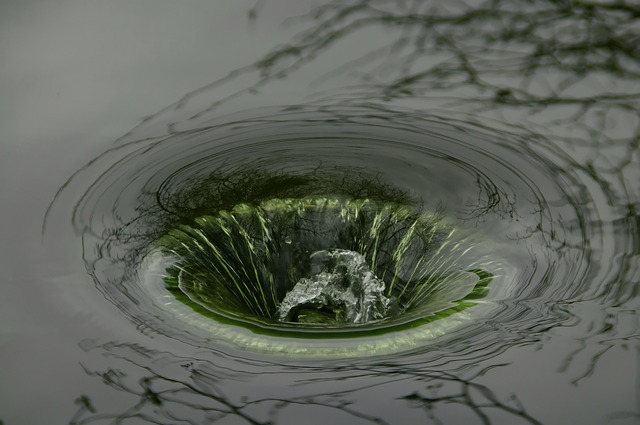
Many common drainage issues can be attributed to a buildup of debris, grease, and other materials in pipes over time. This can lead to clogs, slow drains, and even backups. Regular drain cleaning is essential for maintaining optimal drainage systems. Professional services often employ advanced techniques like hydro-jetting, which uses high-pressure water to clear pipes efficiently.
Identifying recurring problems like frequent clogs or standing water can help homeowners and property managers anticipate issues. Prompt action on these signs can prevent more severe drainage problems down the line. Regular inspection and maintenance routines, including drain cleaning, are key to ensuring smooth water flow and avoiding costly repairs.
The Importance of Regular Drain Cleaning

Regular drain cleaning is an essential aspect of maintaining a healthy plumbing system. Over time, drains can become clogged with various debris such as hair, grease, and household waste, leading to slow drainage or even complete blockages. These obstructions not only cause inconvenience but can also result in severe plumbing issues if left unattended. By scheduling professional drain cleaning services at regular intervals, homeowners can prevent these problems from arising.
A well-maintained drain system ensures efficient water flow, reduces the risk of damage to pipes, and prevents bad odours from emerging. It is a proactive approach that saves time and money in the long run. This simple yet crucial maintenance practice allows for better water management within homes and commercial buildings, contributing to a cleaner and more hygienic environment.
Methods for Effective Drain Unclogging
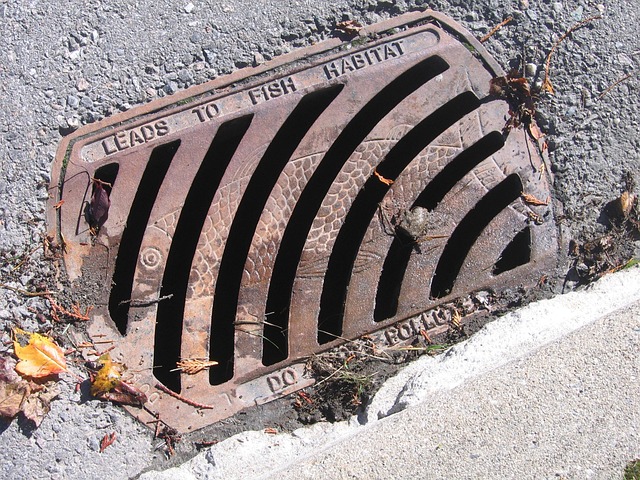
When it comes to effective drain unclogging, there are several methods that can help maintain your plumbing system. One common and safe approach is using a drain snake or auger. This handheld tool is inserted into the drain and twisted to break up any buildup or hair clogs. It’s an easy-to-use method ideal for home owners. For more stubborn clogs, chemical drain cleaners can be effective. These products use strong acids or bases to dissolve blockages, but they should be used with caution due to their corrosive nature.
Another powerful technique is hydro jetting, which involves using high-pressure water to blast away buildup. This method is particularly useful for severe drain clogs and can also help clear grease traps. Regular maintenance, such as pouring hot water down the drain or using baking soda and vinegar mixtures, can prevent clogs from forming in the first place. Combining these methods with preventive care ensures optimal drain cleaning and minimizes future issues.
DIY vs Professional Drain Maintenance
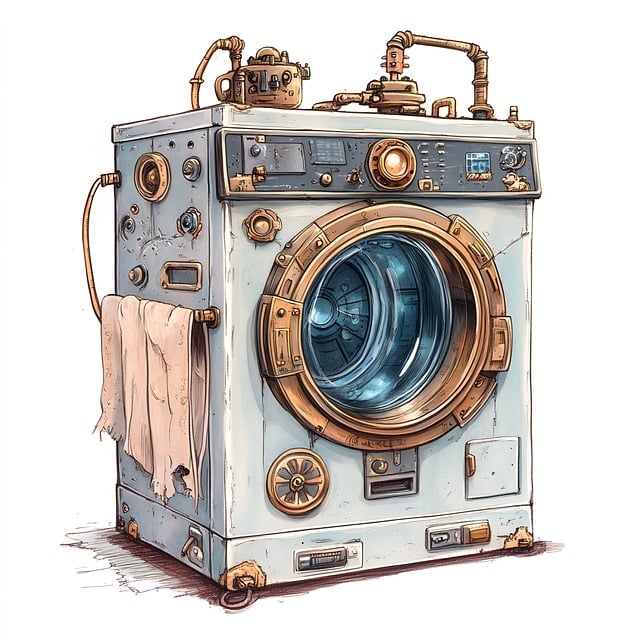
DIY drain maintenance can be appealing for those looking to save costs and gain control over their home tasks. Some common methods include using chemical drain cleaners, plungers, or even a combination of baking soda and vinegar. These approaches offer quick fixes, especially for minor clogs, and can be easily accessed at local stores. However, for more severe blockages or complex drain systems, professional intervention is often required.
Professional drain maintenance services bring specialized equipment like high-pressure hydrojetting machines that effectively clear stubborn clogs without damaging pipes. These experts also have the knowledge to navigate intricate plumbing networks, ensuring every drain in your home or business is thoroughly cleaned and maintained. Regular professional inspections can prevent costly repairs and ensure optimal drainage system performance.
Chemical versus Natural Drain Cleaning Solutions
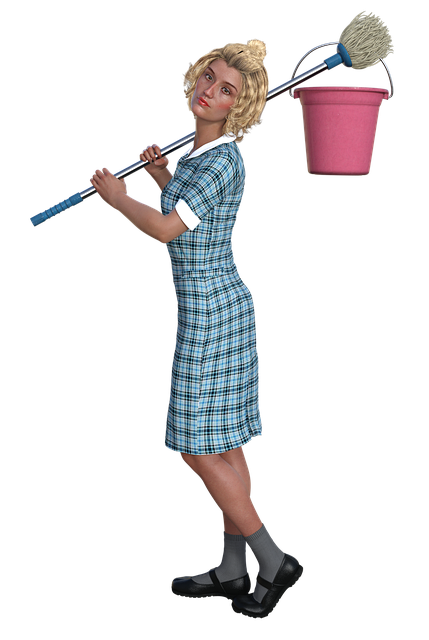
When it comes to drain cleaning, the choice between chemical and natural solutions is an important one for homeowners and professionals alike. Chemical drain cleaners have long been the go-to option due to their rapid results in clearing clogs. These products often contain strong acids or bases that can effectively dissolve hair, grease, and other common blockages. However, the drawbacks of chemicals include potential harm to pipes over time, environmental impact, and health risks associated with exposure.
Natural drain cleaning solutions, on the other hand, offer a greener and safer alternative. Encompassing ingredients like baking soda, vinegar, and salt, these methods are not only cost-effective but also eco-friendly. While they may require more time and effort, natural solutions are gentle on pipes and don’t release harmful fumes. Furthermore, their simplicity makes them accessible to everyone, allowing for regular maintenance without the need for specialized equipment or knowledge.
Preventative Measures for Optimal Drain Performance

Regular drain cleaning is a fundamental preventative measure for maintaining optimal drain performance. Buildup of grease, hair, and other debris can clog drains over time, leading to slow drainage or even complete blockages. Professional drain cleaning services use specialized equipment and chemicals to clear these obstructions, ensuring water flows freely. By scheduling regular cleanouts, you can prevent costly repairs and maintain the efficiency of your plumbing system.
Additionally, installing drain covers and using catchers in sink and shower drains can help trap hair and other debris before they enter the pipes. Properly disposing of grease and cooking oil down the sink instead of pouring them into the drain also goes a long way in preventing clogs. These simple preventative measures complement professional cleaning, creating a robust defense against drain problems and promoting the longevity of your plumbing infrastructure.
When to Call a Plumber for Severe Drain Problems
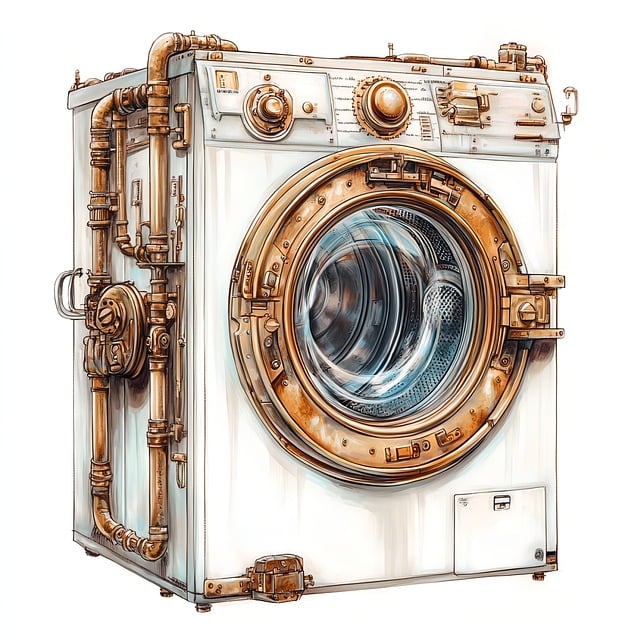
Severe drain problems that persist despite basic maintenance require professional attention. If you notice persistent clogs, unusual noises coming from your drains, or a significant decrease in water flow, it’s time to call a plumber. These symptoms could indicate deeper issues such as pipe damage, obstructions, or even root intrusions.
Regular drain cleaning can prevent many of these problems, but for severe cases, a qualified plumber is equipped with specialized tools and expertise to diagnose and address the issue effectively. They can perform thorough inspections using cameras to identify blockages or structural damage, ensuring that your drainage system is restored to optimal functioning.
Modern Technologies in Drain System Care
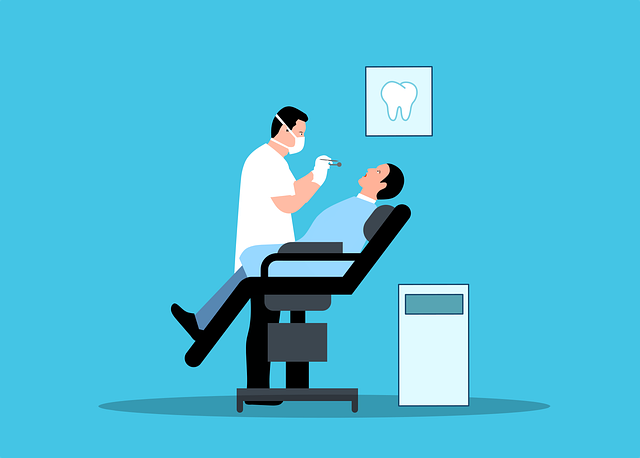
Modern technologies have significantly transformed drain system care, offering efficient and effective solutions for optimal drainage. One notable advancement is the use of high-pressure water jets, which can deep clean pipes and remove stubborn blockages in no time. These machines are versatile and can reach tight spaces, making them ideal for both residential and commercial applications. Additionally, modern drain cleaning technologies incorporate camera inspection systems that allow professionals to visually inspect drains, identifying issues like cracks, corrosion, or foreign objects with precision.
Another game-changer is the integration of robotics in drain maintenance. Robotic drain cleaners are equipped with advanced sensors and navigation systems, enabling them to autonomously traverse complex pipe networks. These robots can dislodge and remove hair, grease, and other debris, ensuring smooth drainage. Furthermore, smart plumbing apps and IoT devices are changing the way we monitor and maintain drains. These innovations enable real-time tracking of maintenance activities, predictive analytics for potential issues, and remote control of various drain cleaning mechanisms, enhancing overall efficiency and convenience.
Tips for Maintaining Commercial Drain Systems

Regular drain cleaning is a crucial aspect of maintaining any commercial space. With high foot traffic and frequent use, commercial drain systems can quickly accumulate grease, hair, debris, and other blockages, leading to slow drains or even backups. To prevent these issues, schedule professional drain cleaning services on a regular basis, typically every 3-6 months, depending on the usage and size of your facility. This proactive measure not only ensures smooth drainage but also prevents costly repairs and sanitization challenges.
In addition to professional cleanings, there are several easy tips that facility managers can follow to keep commercial drain systems in top condition. Encouraging tenants and employees to practice proper disposal habits by avoiding pouring grease down the sink and using drain covers to catch large debris can significantly reduce blockages. Regular inspection of drains for any signs of damage or unusual odors is also essential. Addressing issues promptly, such as repairing leaks or replacing worn-out pipes, will save time, money, and potentially prevent more serious problems in the future.
